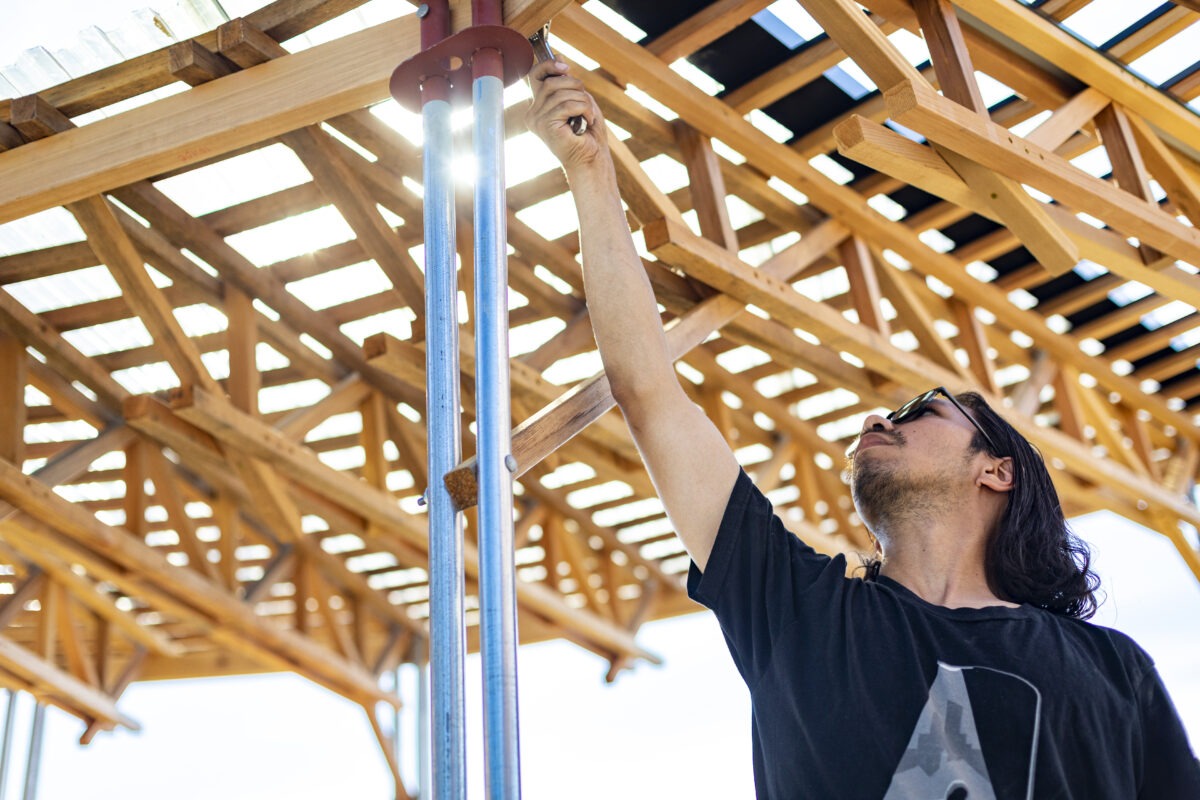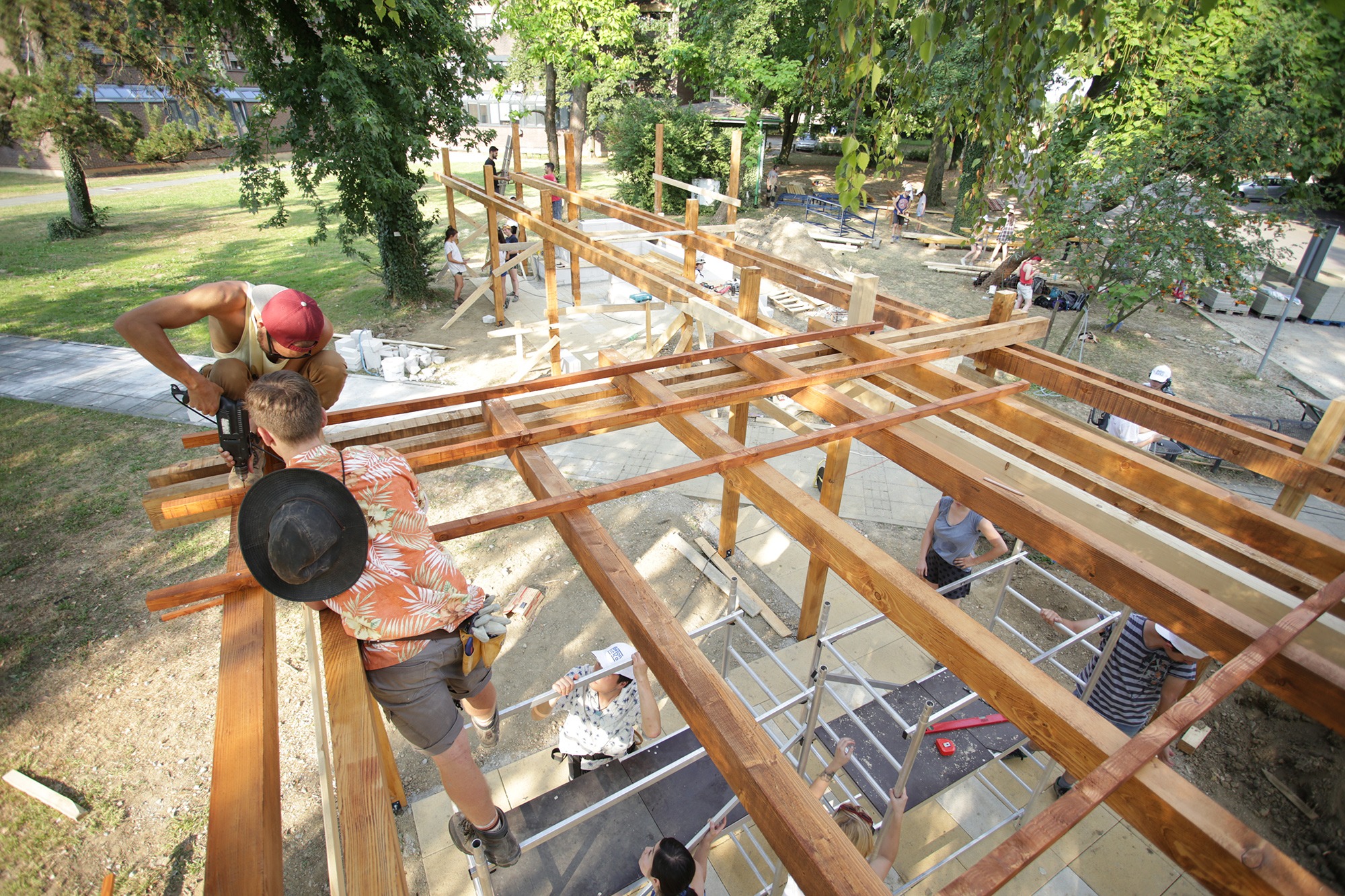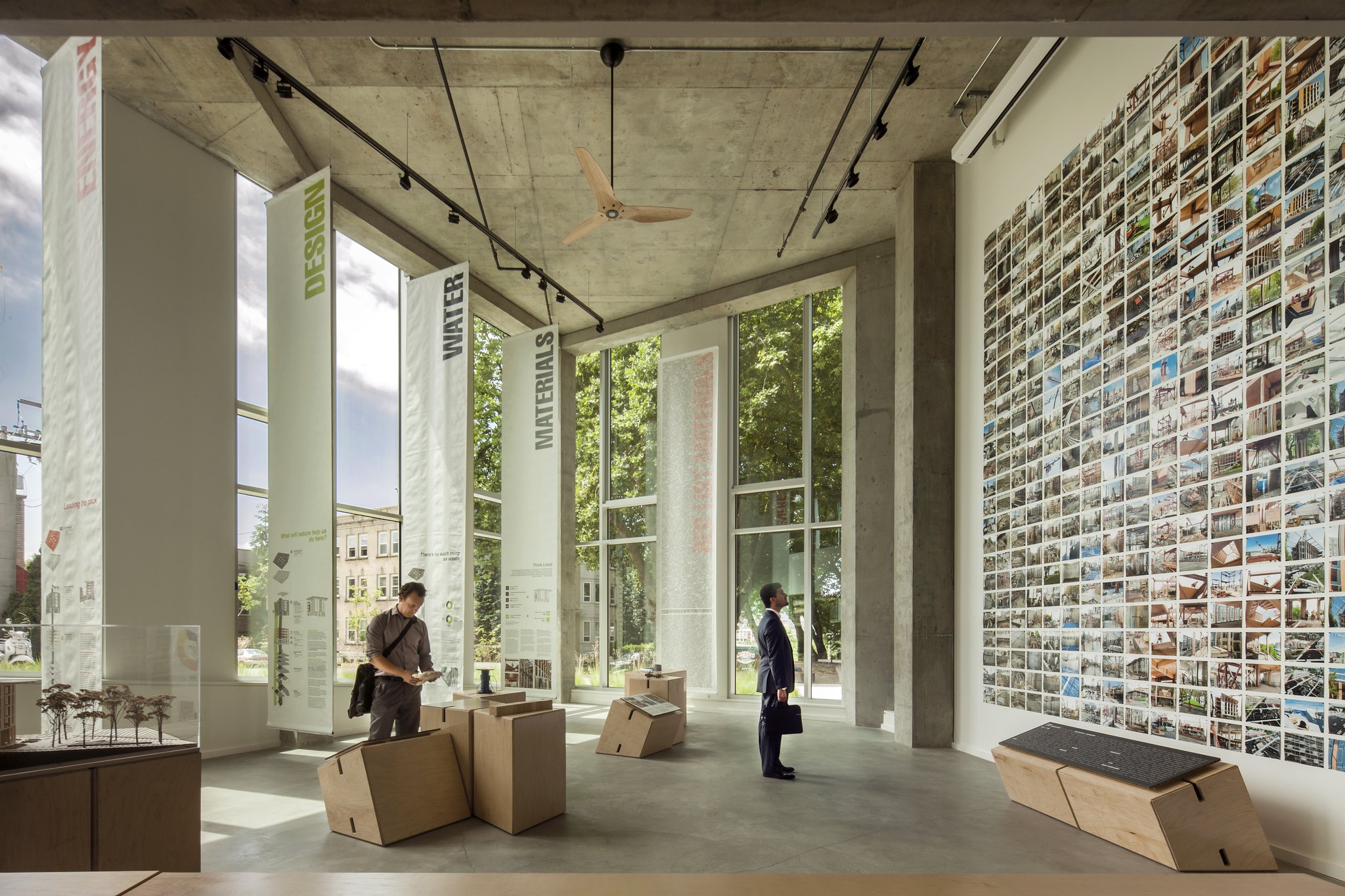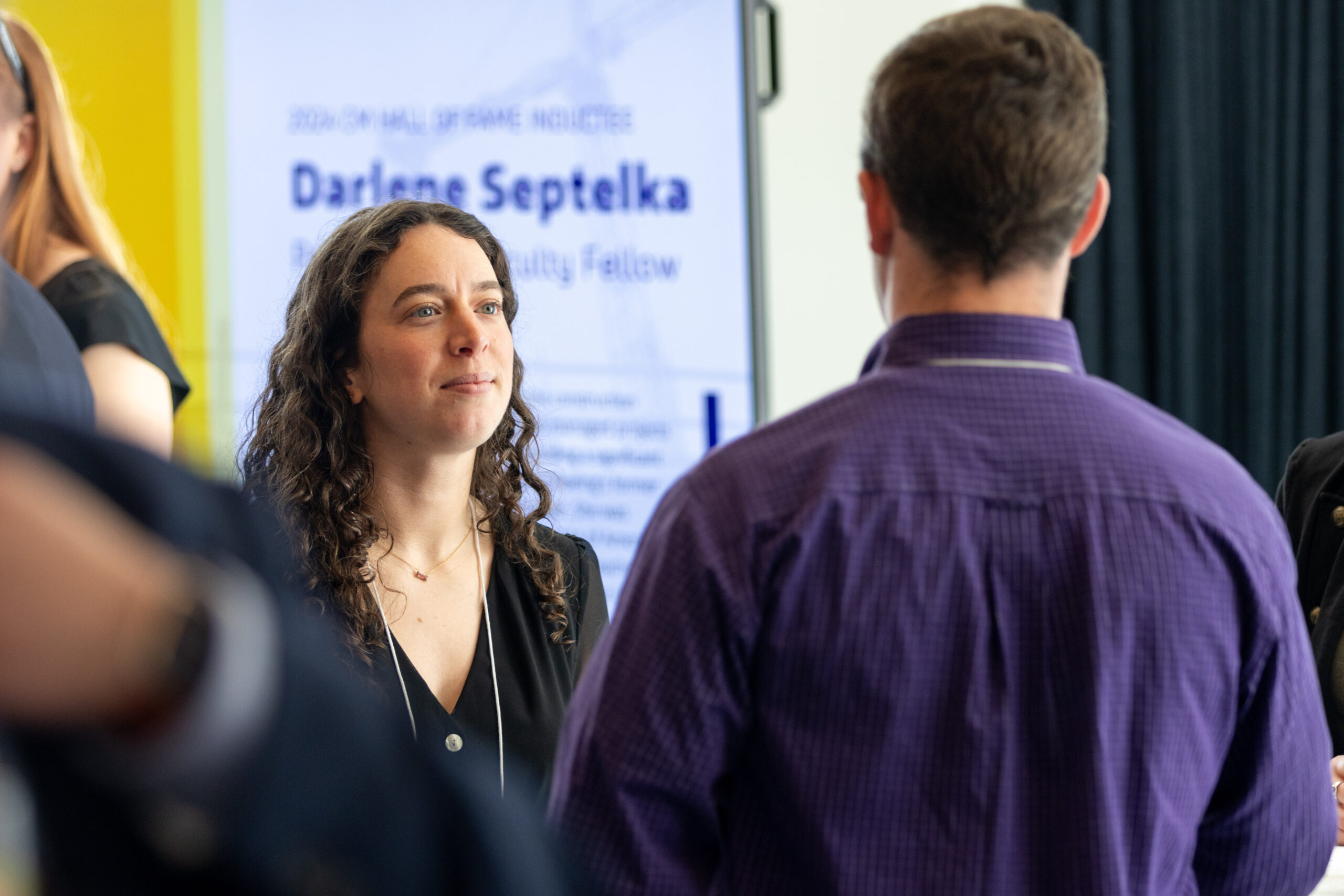Architecture
Construction Management
Landscape Architecture
Real Estate
Urban Design & Planning
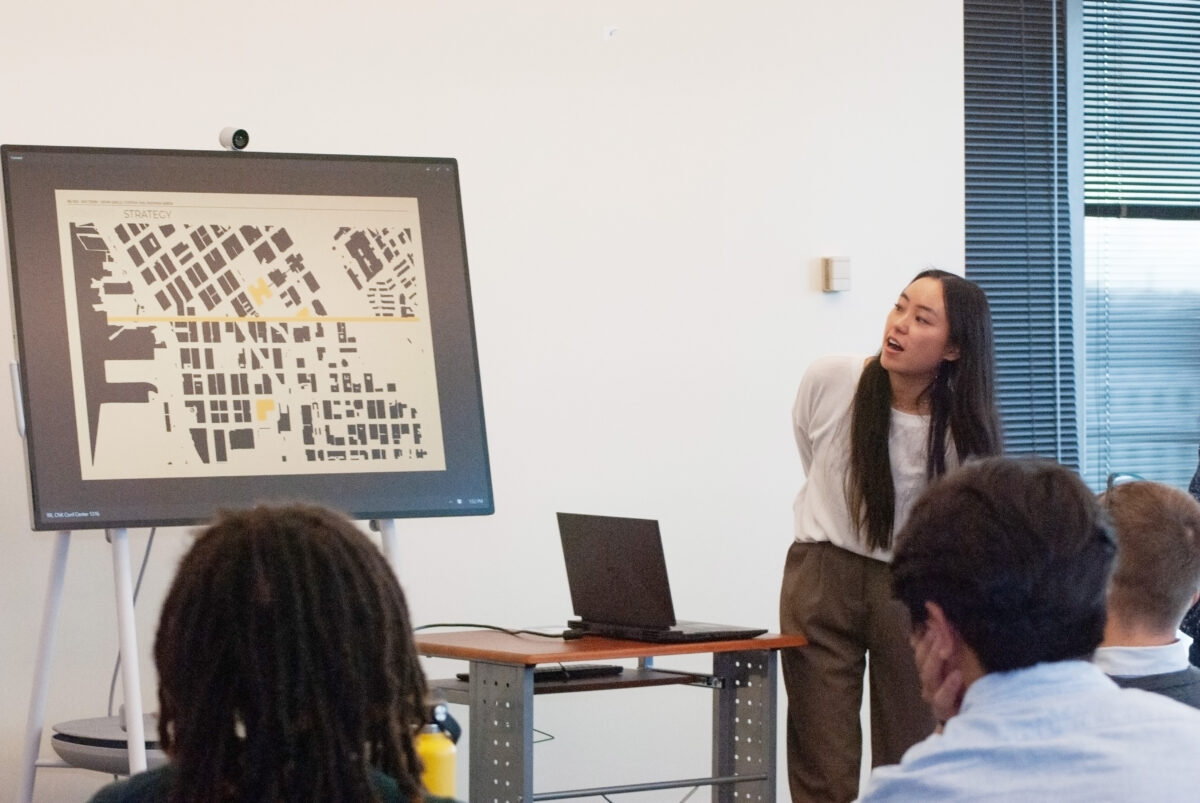
Life at CBE
At CBE, you’ll be part of finding innovative climate solutions and maintaining environmental integrity. You’ll belong to a culture of research that touches every part of our lives. And you’ll work in a campus community that values equity, diversity, and inclusion in built environments. We welcome you to explore what it means to be a part of CBE and share in our willing work towards a better future.
Equity, Diversity & Inclusion
Our strength lies in the diverse programs and perspectives our students, faculty, and staff bring to our work.
Learn More
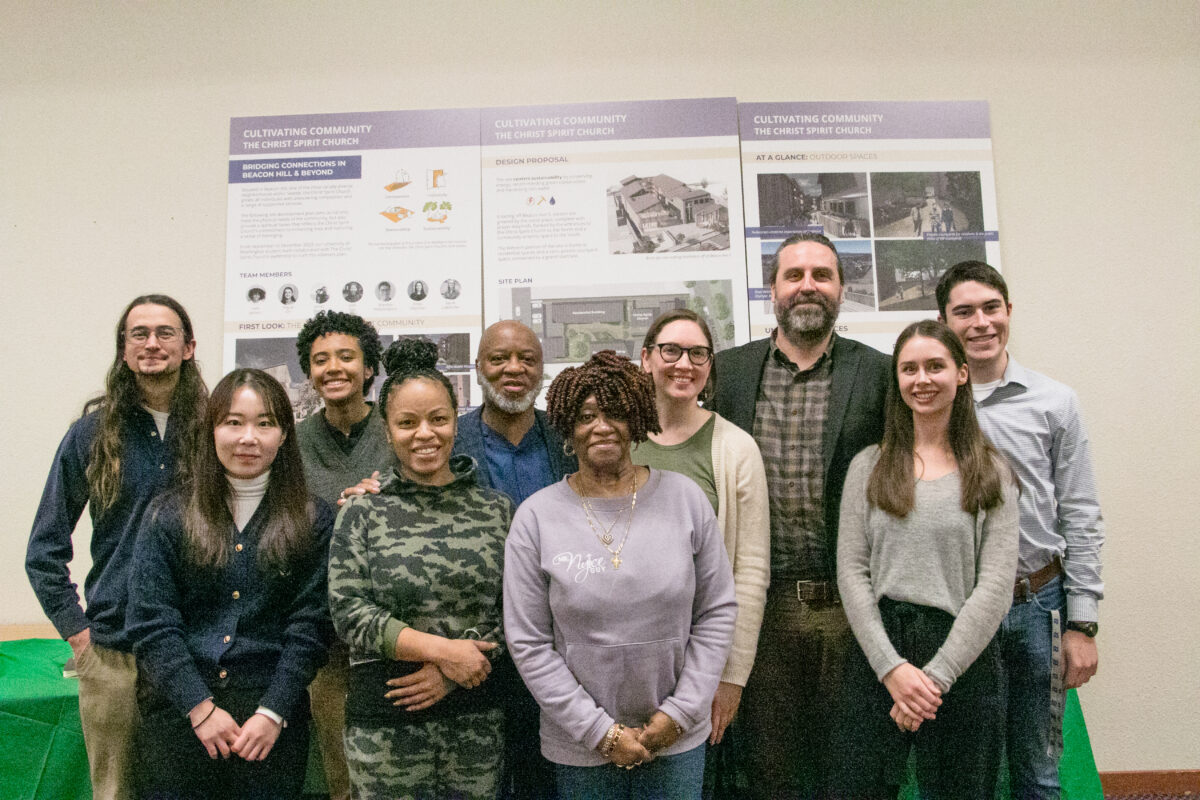
Benches Build community
In Architecture 231: Making & Meaning, students had the opportunity to design and build a bench as part of their hands-on learning experience.

#1Most Innovative University in the WorldReuters, 201981%of students are employed or in graduate school within 6 months of graduation12,000+internship postings yearly
